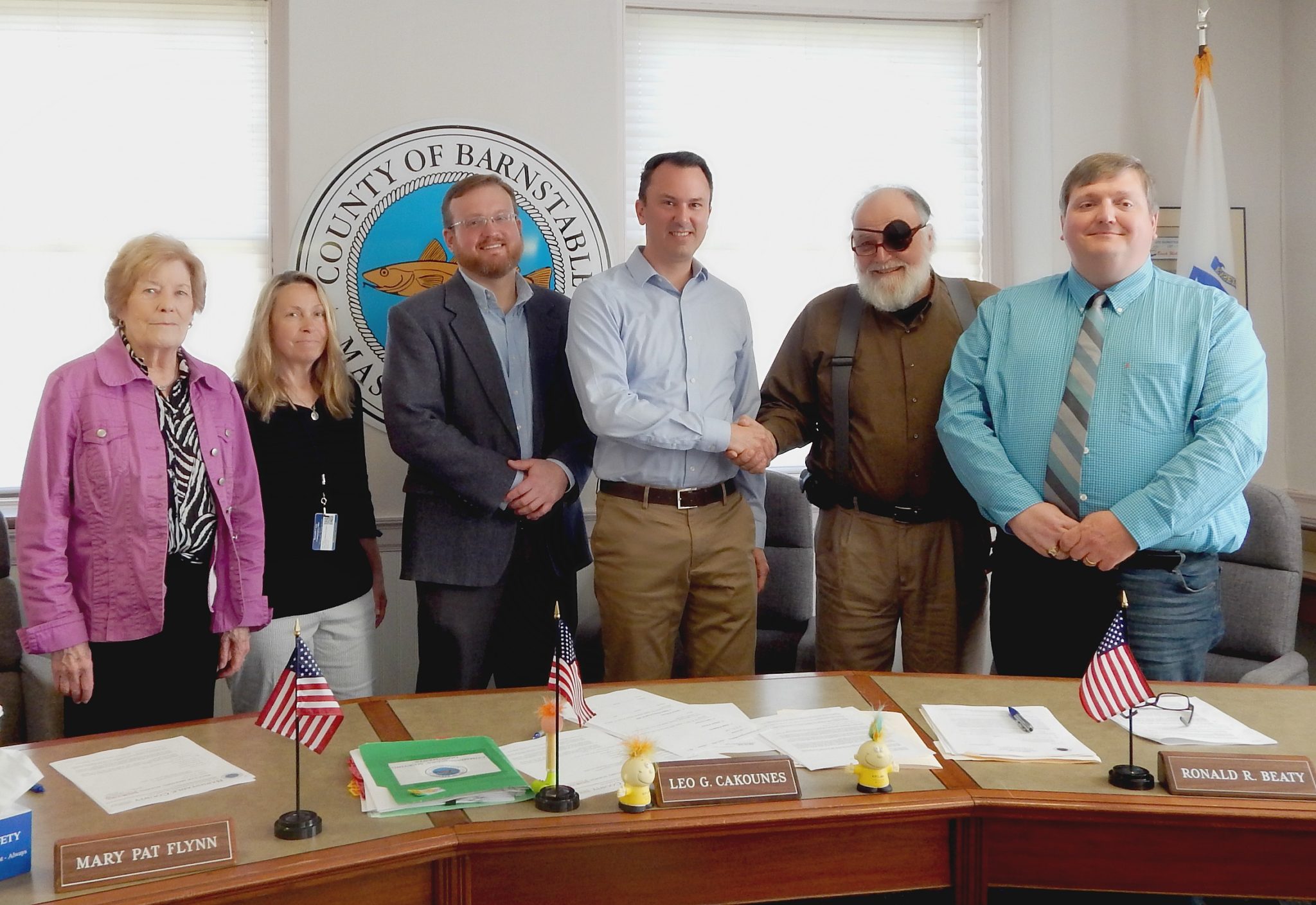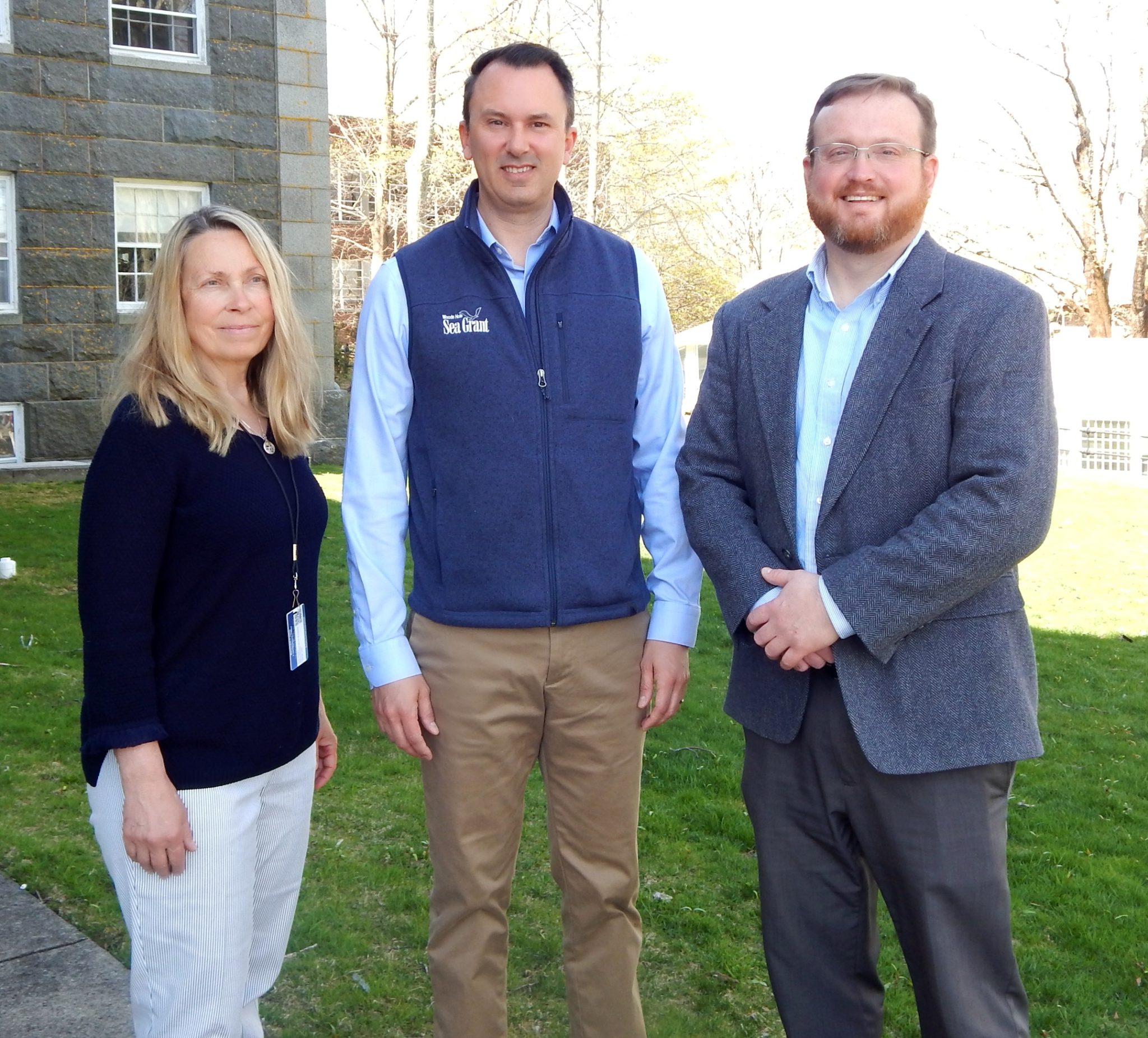
Barnstable County Cooperative Extension awarded $985,000 in collaboration with Woods Hole Sea Grant
FOR IMMEDIATE RELEASE: May 2, 2018
Media Contact: Michael Maguire, Cape Cod Cooperative Extension Director | Phone: 508-375-6701 | Email: mmaguire@capecod.gov
Barnstable County Cooperative Extension awarded $985,000 over a 4-year period in collaboration with Woods Hole Sea Grant
BARNSTABLE COUNTY, MA – The Barnstable County Cape Cod Cooperative Extension has been named a subrecipient for a multi-year federal award from the National Oceanic and Atmospheric Administration (NOAA) to the Woods Hole Sea Grant Program based at the Woods Hole Oceanographic Institution (WHOI).
NOAA funds 33 Sea Grant programs nationally, providing a variety of funding opportunities based on its work in four focus areas: Healthy Coastal Ecosystems, Sustainable Fisheries and Aquaculture, Resilient Coastal Communities and Economies, and Environmental Literacy and Workforce Development. The Woods Hole Sea Grant program has collaborated with the Cooperative Extension for over twenty years to create an effective outreach partnership providing reliable technical and science-based information to stakeholders in our region.
This new award, which is distributed over a 4-year period, is the largest Woods Hole Sea Grant sub-award to the Cooperative Extension to date.

The Cooperative Extension’s partnership with Woods Hole Sea Grant enhances Barnstable County Government’s effort to support aquaculture research that seeks to advance local aquaculture’s role in a ‘blue economy.’ The outreach and extension partnership focuses its attention on marine and coastal resource users and managers – emphasizing the application of research to coastal resource issues.
Mike Maguire, director of the Cape Cod Cooperative Extension says, “We are pleased to continue our over two decade-long partnership providing critical services in the marine environment on Cape Cod to Barnstable County residents and towns throughout the region.”
Cooperative Extension staff Diane Murphy, Joshua Reitsma, Greg Berman, Abigail Archer and Shannon Jarbeau serve as a direct link with the Woods Hole Sea Grant programs, where applied science and new research findings are translated into practical applications for aquaculturalists, fishermen, and communities that depend on our coastal environment.
“We are extremely pleased to continue our partnership with Barnstable County on issues that are critical to the health and vitality of our coastline and economy,” says Matt Charette, director of the Woods Hole Sea Grant Program. “Given our challenges with coastal water quality and shifting shorelines, the role of Extension, to ‘extend’ or translate cutting-edge scientific research into practice, is needed now more than ever for the benefit of shellfish harvesters and coastal property owners among others.”

ABOUT THE COOPERATIVE EXTENSION Cape Cod Cooperative Extension is the education department for Barnstable County. CCCE educates the public on topics as diverse as deer ticks to water quality and much, much more. CCCE is part of national educational system, developed to convey research-based knowledge from Land Grant Universities (in CCCE’s case, UMASS Amherst), to the general public. This national outreach system was mandated by the Smith-Lever Act in Congress in 1914.
ABOUT WHOI SEA GRANT The Woods Hole Sea Grant program, based at the Woods Hole Oceanographic Institution (WHOI), supports research, education, and extension projects that encourage environmental stewardship, long-term economic development, and responsible use of the nation’s coastal and ocean resources. It is part of the National Sea Grant College Program of the National Oceanic and Atmospheric Administration, a network of 33 individual programs located in each of the coastal and Great Lakes states. Together, these programs form a national network of over 300 participating institutions involving more than 3,000 scientists, engineers, educators, students, and outreach experts.
###



